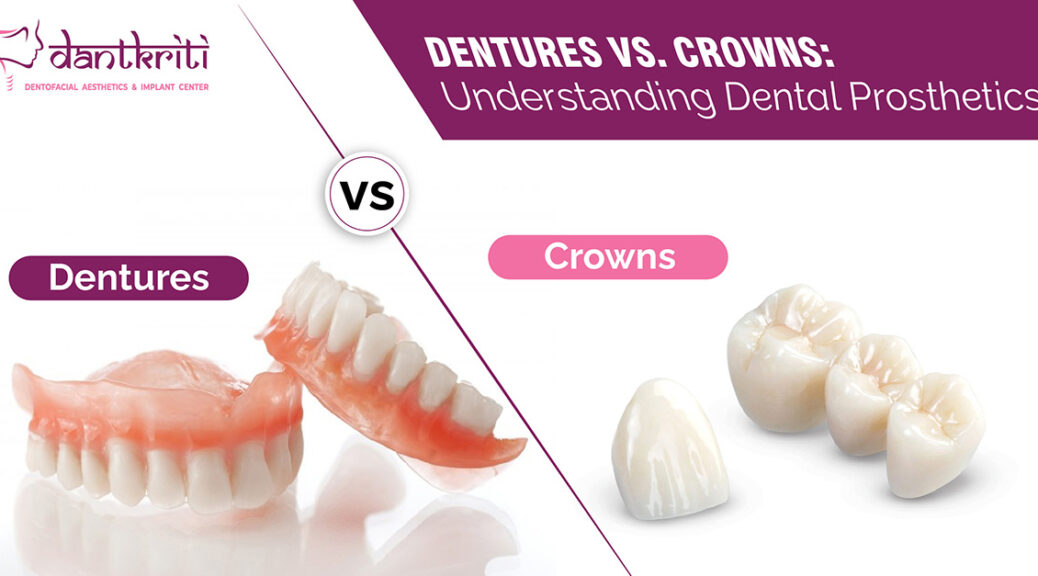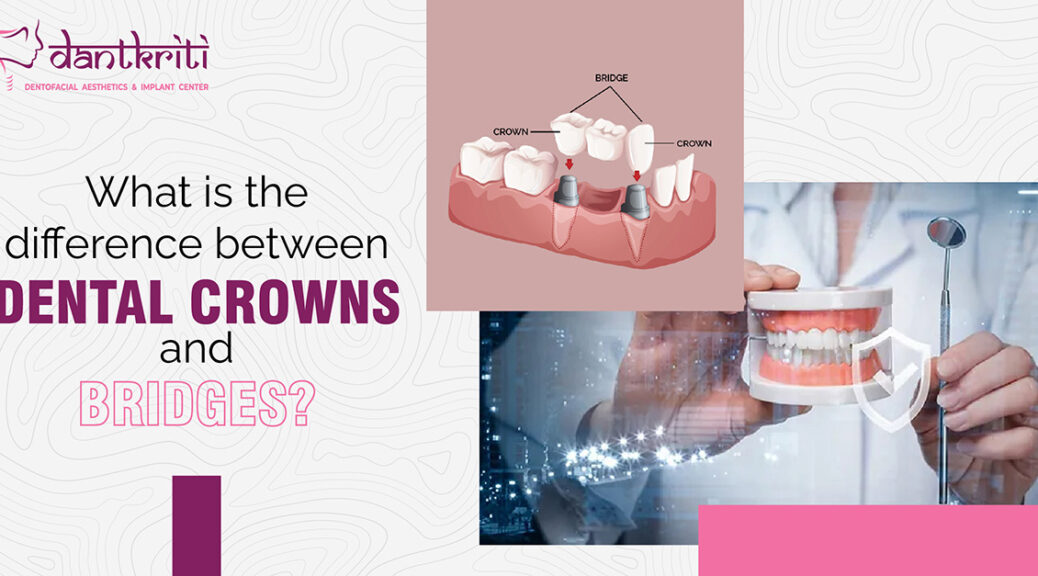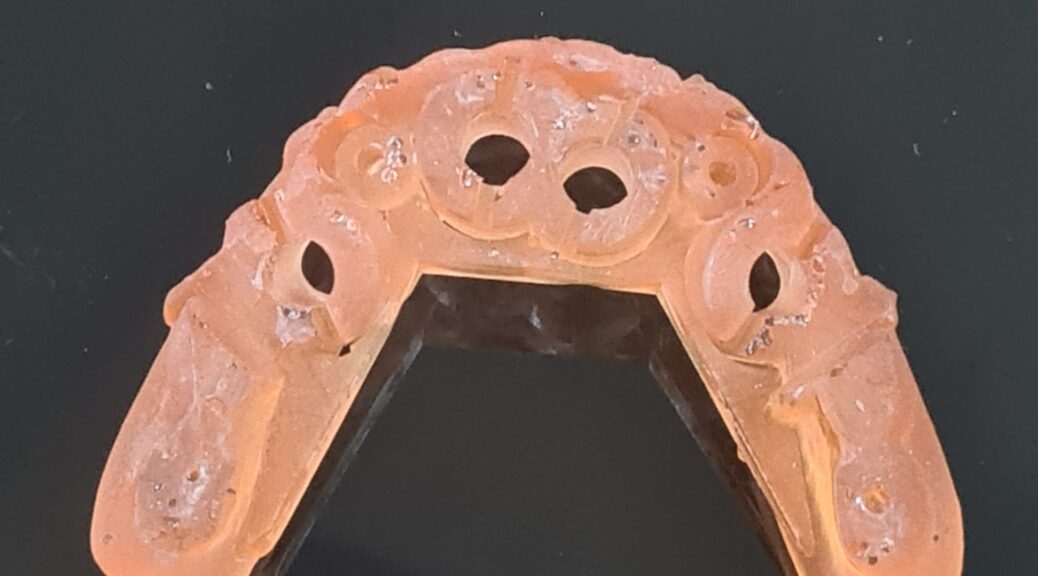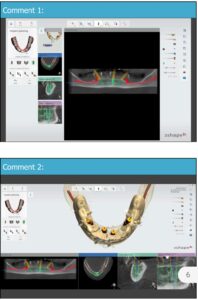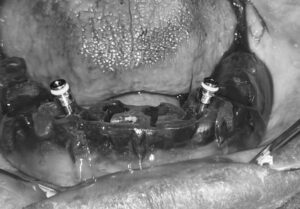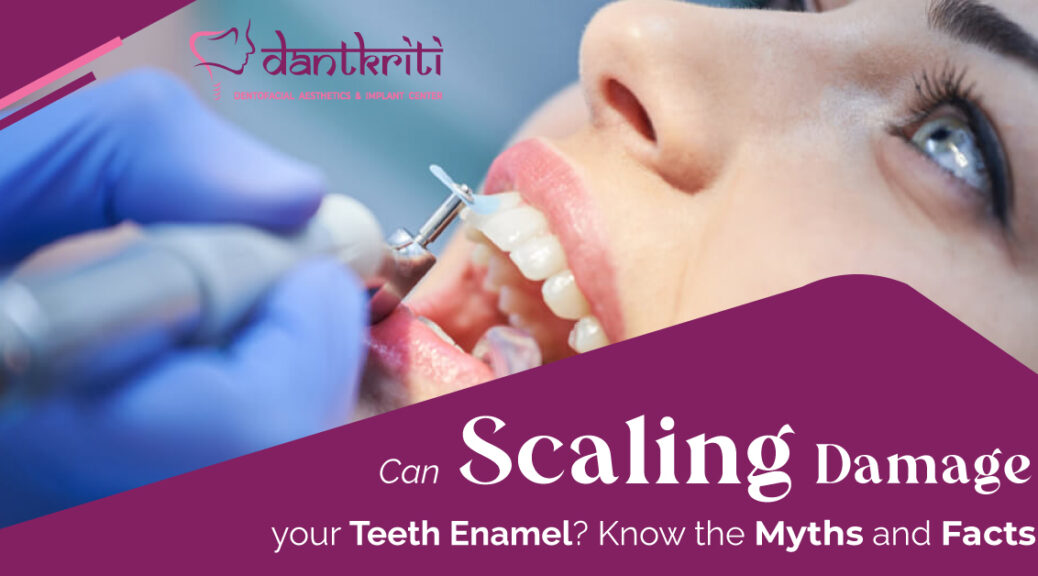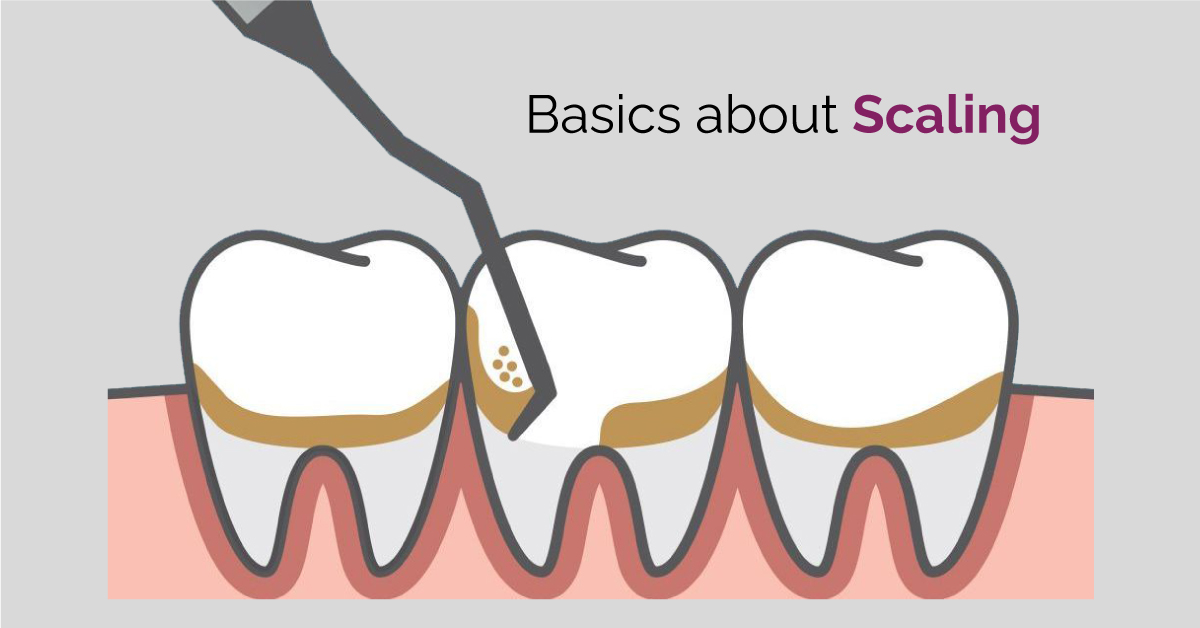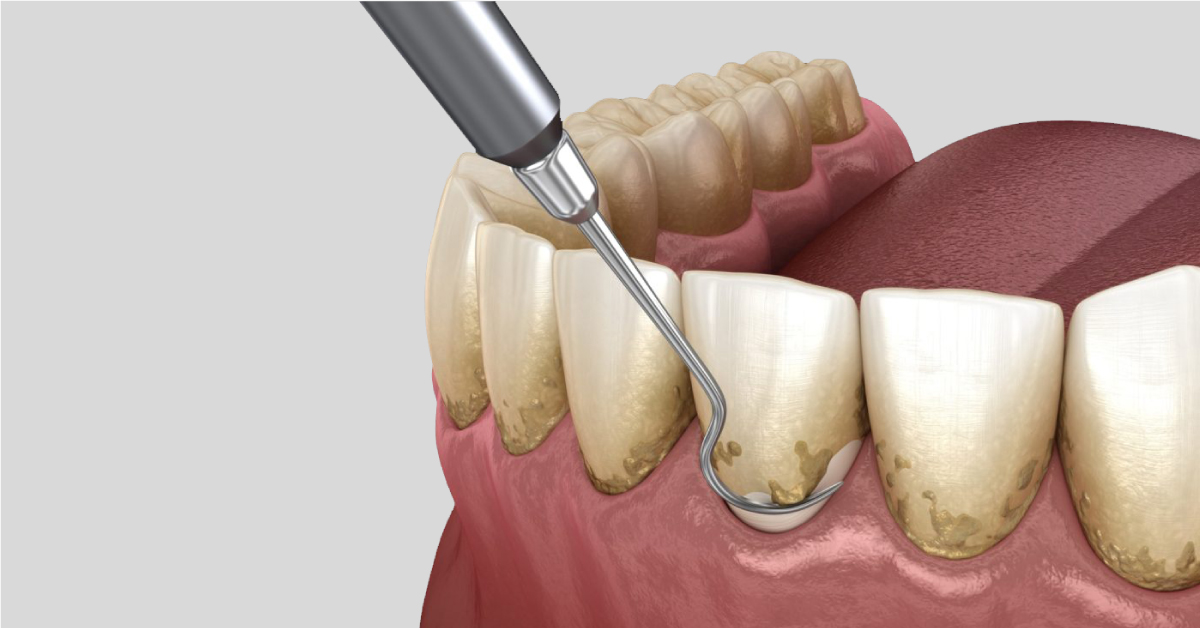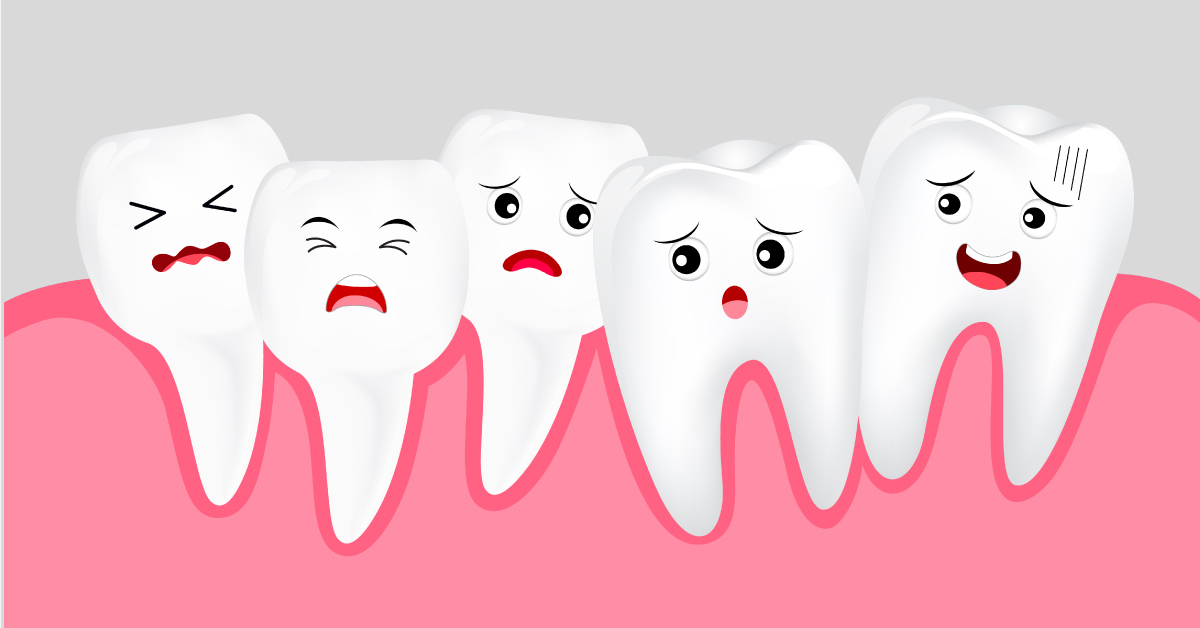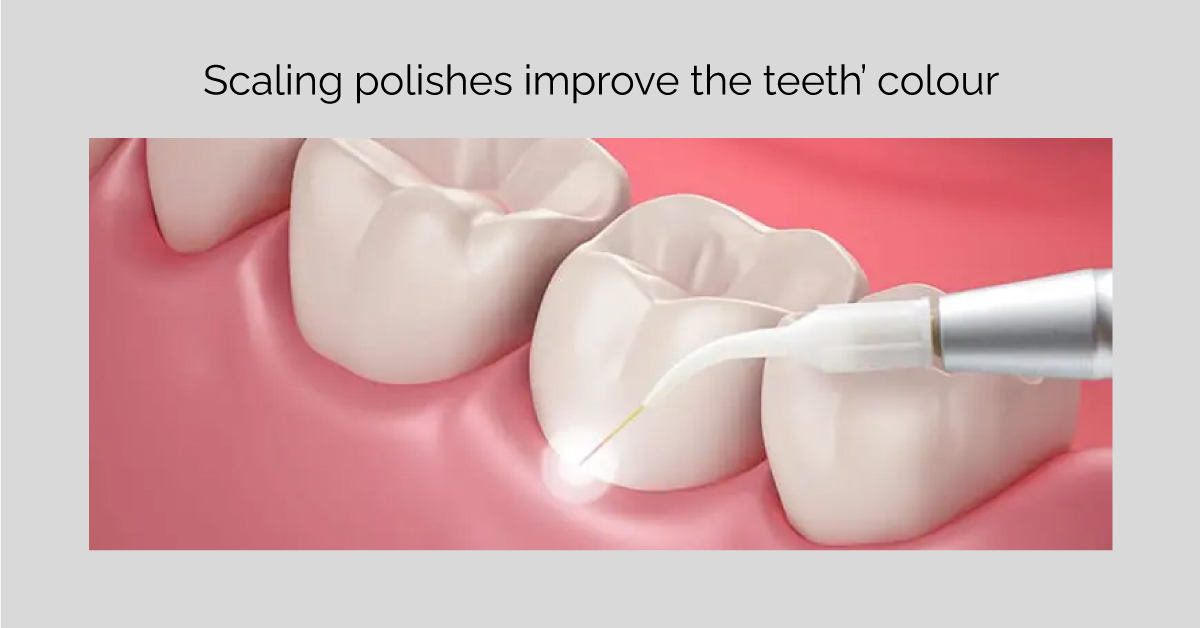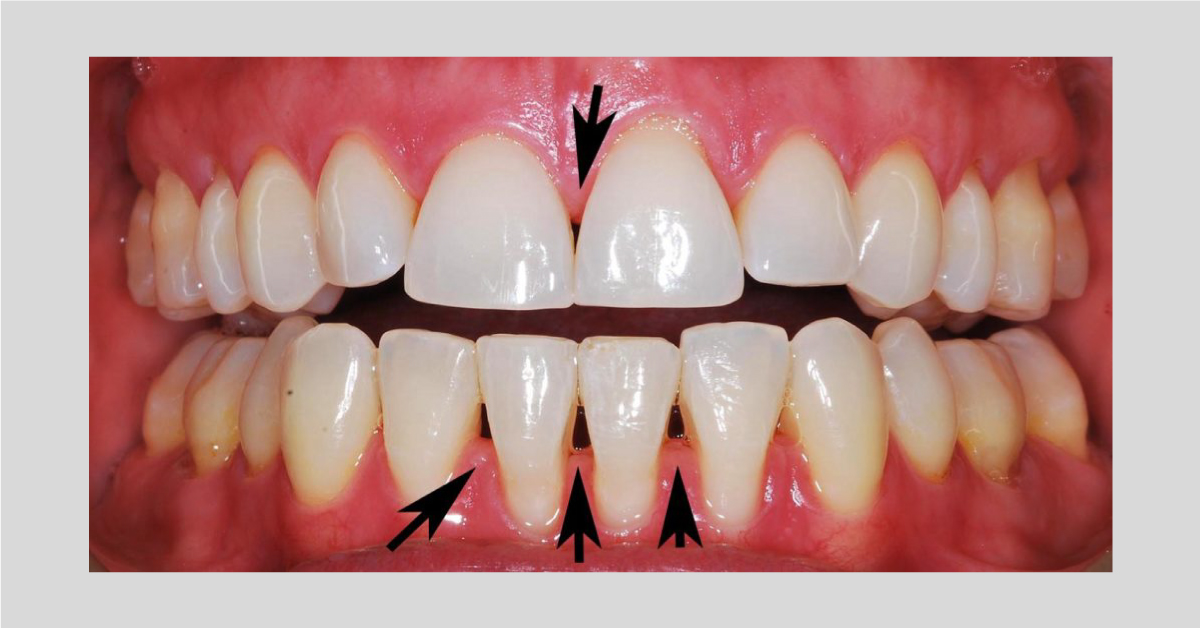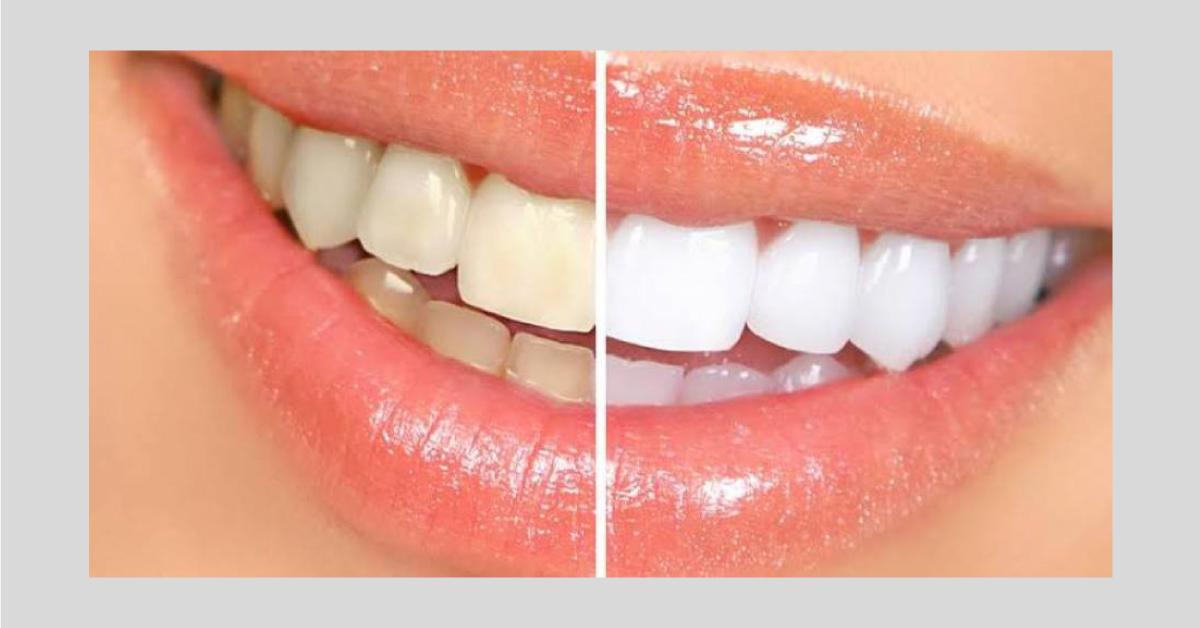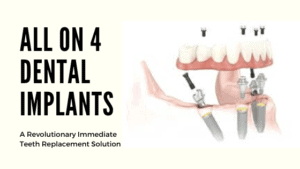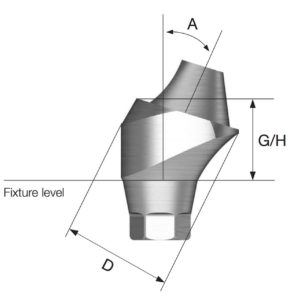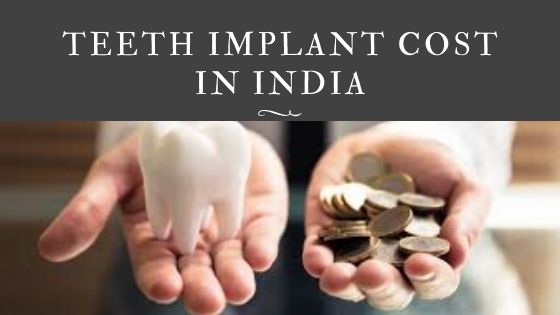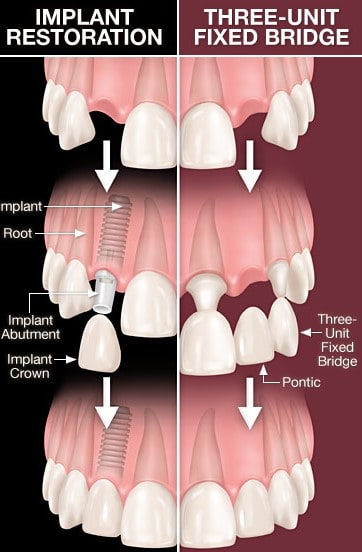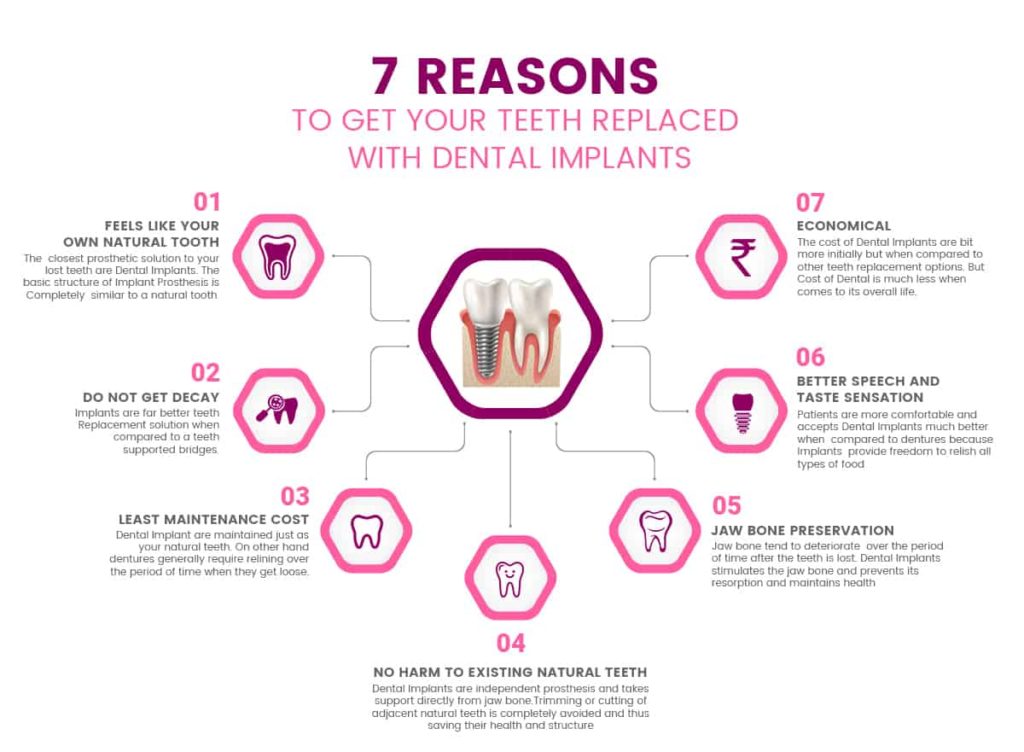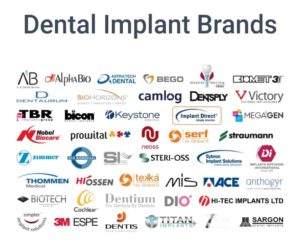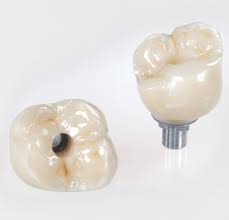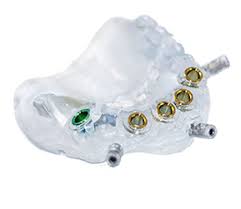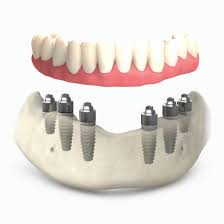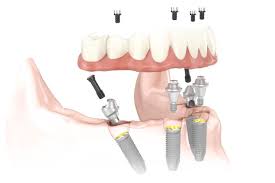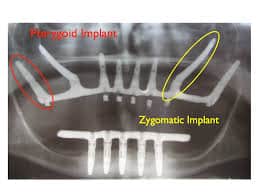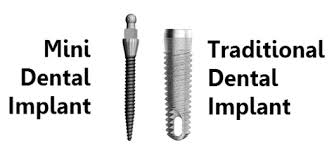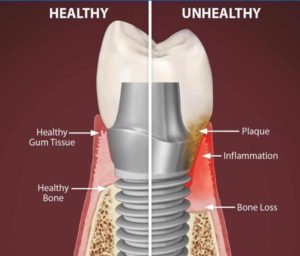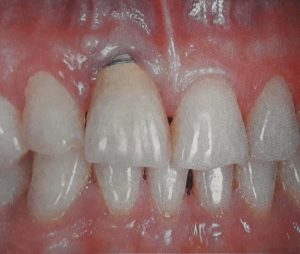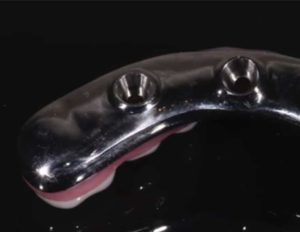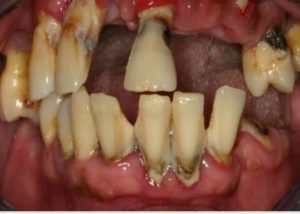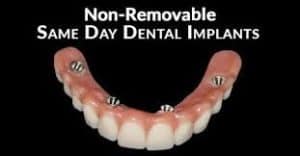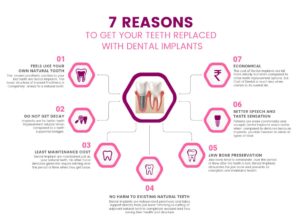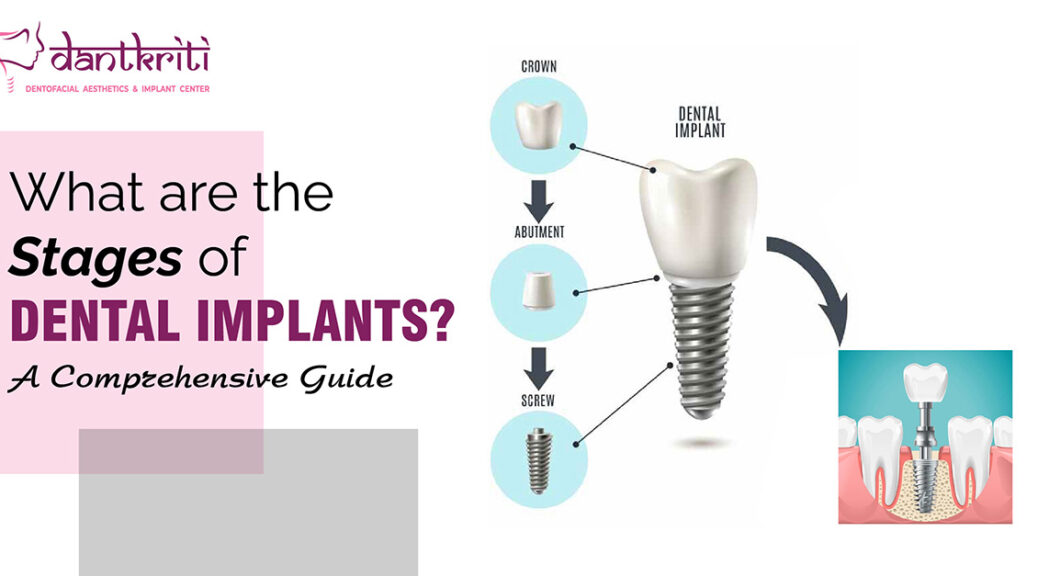
What are the Stages of Dental Implants? A Comprehensive Guide
Dental implants have become an increasingly popular and effective solution for replacing missing teeth. They offer a long-lasting and natural-looking alternative to dentures or bridges. If you’re considering dental implants, it’s essential to understand the stages involved in the process.
Stage 1: Initial Consultation and Treatment Planning
The first stage of dental implants begins with an initial consultation with your dentist or oral surgeon. Your oral health will be assessed during this appointment, and a comprehensive examination will be conducted. X-rays or CT scans may be taken to evaluate the condition of your jawbone and determine if you have adequate bone density to support dental implants.
A customized treatment plan will be developed based on your specific needs, considering factors such as the number of missing teeth, the condition of your oral health, and your overall medical history.
Stage 2: Preparatory Procedures
In some cases, preparatory procedures may be necessary before dental implant placement. These procedures are performed to ensure optimal conditions for successful implantation. Standard preparatory procedures include:
Tooth Extraction: If you have damaged or decayed teeth that need to be replaced with dental implants, they may need to be extracted first.
Bone Grafting: A bone grafting procedure may be required if your jawbone lacks sufficient density or volume to support dental implants. It involves adding bone graft material to the deficient area to stimulate new bone growth and strengthen the jawbone.
Sinus Lift: A sinus lift may be necessary if the upper jawbone lacks height due to the proximity of the sinus cavities. This procedure involves lifting the sinus membrane and placing bone graft material beneath it to create a stable foundation for implants in the upper jaw.
These preparatory procedures, if required, will be scheduled and performed before moving on to the next stage.
Nowaday, due to advancement in implant technology most of the above procedures are performed simultaneously with the Implant Placement. By doing a simultaneous procedure, not only the overall treatment time is reduced but also the patient discomfort is minimized in single surgery protocol.
Stage 3: Dental Implant Placement
Dental implant placement is the most crucial stage of the process. It involves surgically inserting the implant into the jawbone as a sturdy foundation for the replacement tooth or teeth. This procedure is typically performed under local anesthesia or conscious sedation to ensure a comfortable experience.
The implant is carefully positioned into the jawbone, and the gum tissue is stitched back in place. Over time, the implant will undergo osseointegration, fusing with the surrounding bone. It provides stable and durable support for the final restoration.
After the implant placement, a temporary restoration may be placed to protect the implant site while it heals. It is essential to follow post-operative instructions provided by your dentist to ensure proper healing and minimize the risk of complications.
Stage 4: Healing and Osseointegration
Following the dental implant placement, healing and osseointegration are required. During this stage, which typically lasts few weeks, the implant integrates with the jawbone. The bone cells grow and adhere to the implant surface, securing it in place.
Maintaining good oral hygiene practices during the healing phase is crucial to prevent infection and promote proper healing. Your dentist will provide specific instructions on caring for the implant site and may schedule follow-up appointments to monitor your progress.
Stage 5: Abutment Placement
Once osseointegration is complete, the next stage involves placing the abutment. The abutment is a connector piece that connects the implant to the final restoration, such as a crown, bridge, or denture. The abutment is attached to the implant, protruding above the gum line, and serves as a foundation for the visible portion of the replacement tooth or teeth.
To place the abutment, your dentist will make a small incision in the gum tissue to expose the implant. Then, the abutment is carefully attached to the implant using a screw or cement. The gum tissue is sutured around the abutment, allowing it to heal correctly.
After the abutment placement, a temporary crown or healing cap may be placed to protect the abutment during the gum healing. This temporary restoration helps maintain the shape and function of the surrounding teeth while the final restoration is being created.
Stage 6: Final Restoration
The final stage of dental implants involves the placement of permanent restoration. This stage occurs once the gum tissue has fully healed and the abutment is securely in place. Your dentist will take impressions of your teeth and bite to create a customized replacement tooth or teeth that match your natural teeth in size, shape, and colour.
The final restoration could be a single crown, a bridge for multiple missing teeth, or a denture for total arch replacement. The restoration is carefully crafted in a dental laboratory to ensure a precise fit and a natural-looking result.
Once the final restoration is ready and attached to the abutment using screws or dental cement, your dentist will make any necessary adjustments to ensure proper alignment, bite, and aesthetics. They will also provide instructions on how to care for and maintain your new dental implant restoration.
Follow-up visits will be scheduled to monitor the healing process, check the implant’s stability, and ensure your satisfaction with the outcome. Regular dental check-ups and good oral hygiene practices are essential for your dental implants’ long-term success and longevity.
